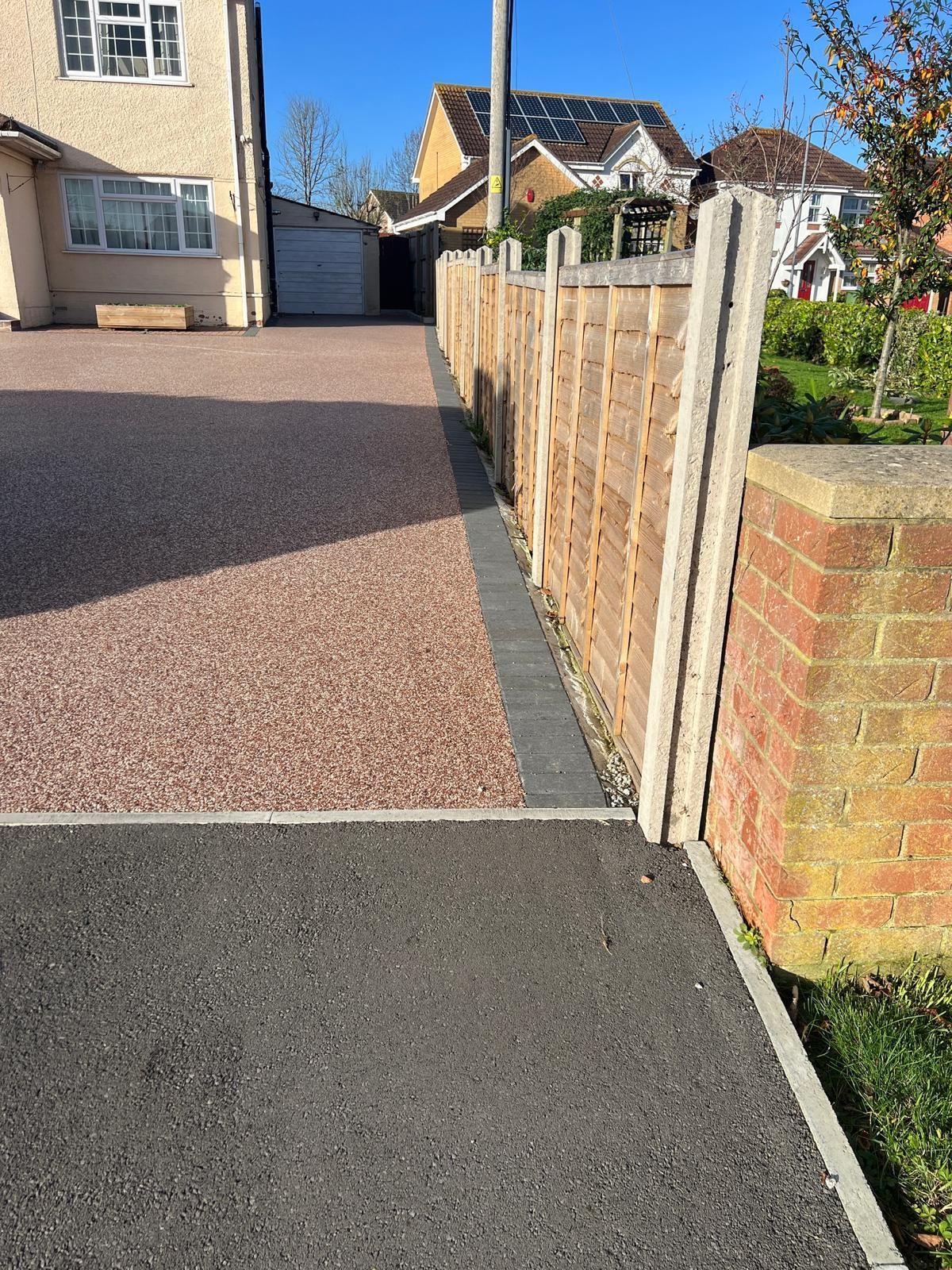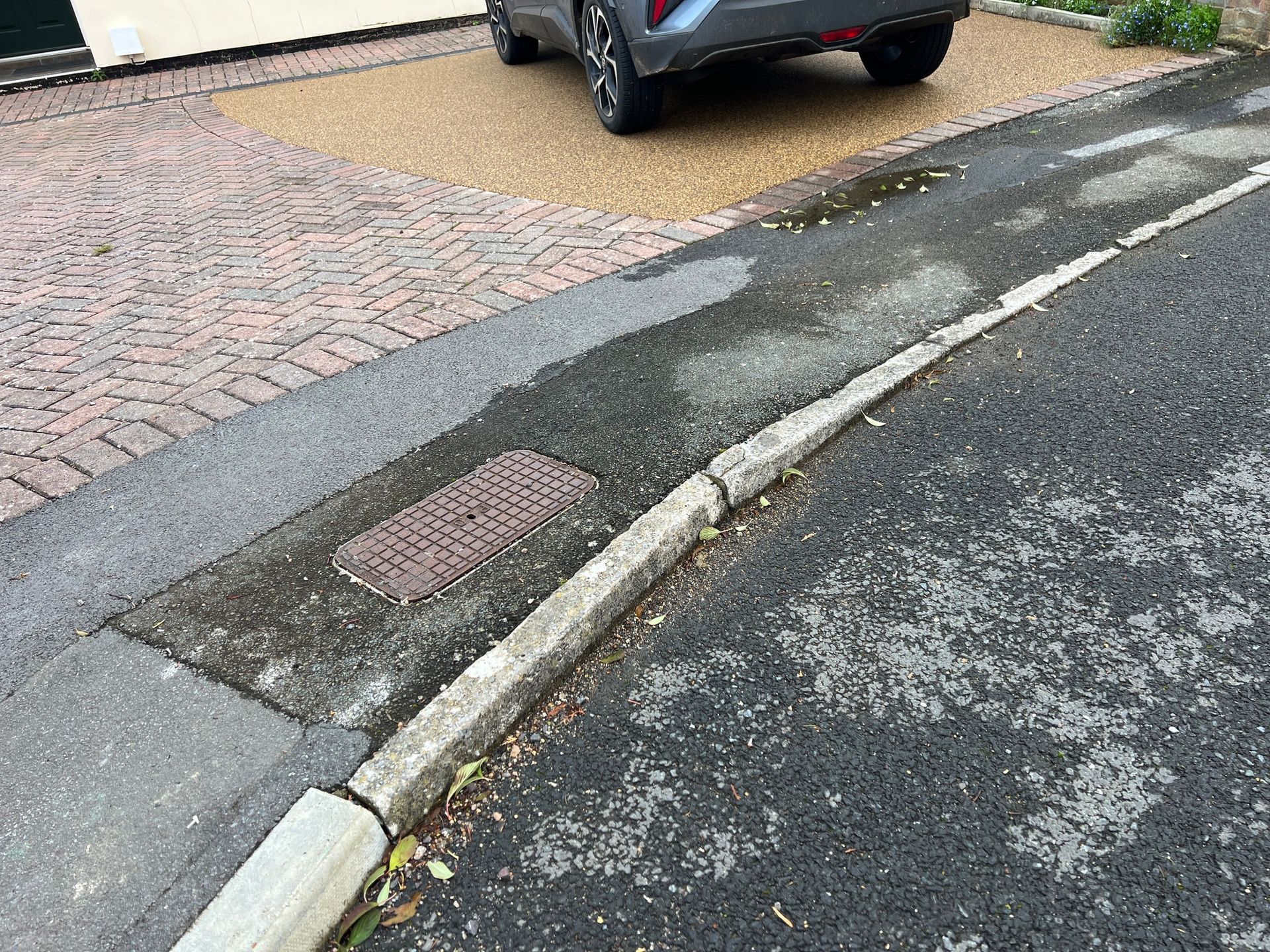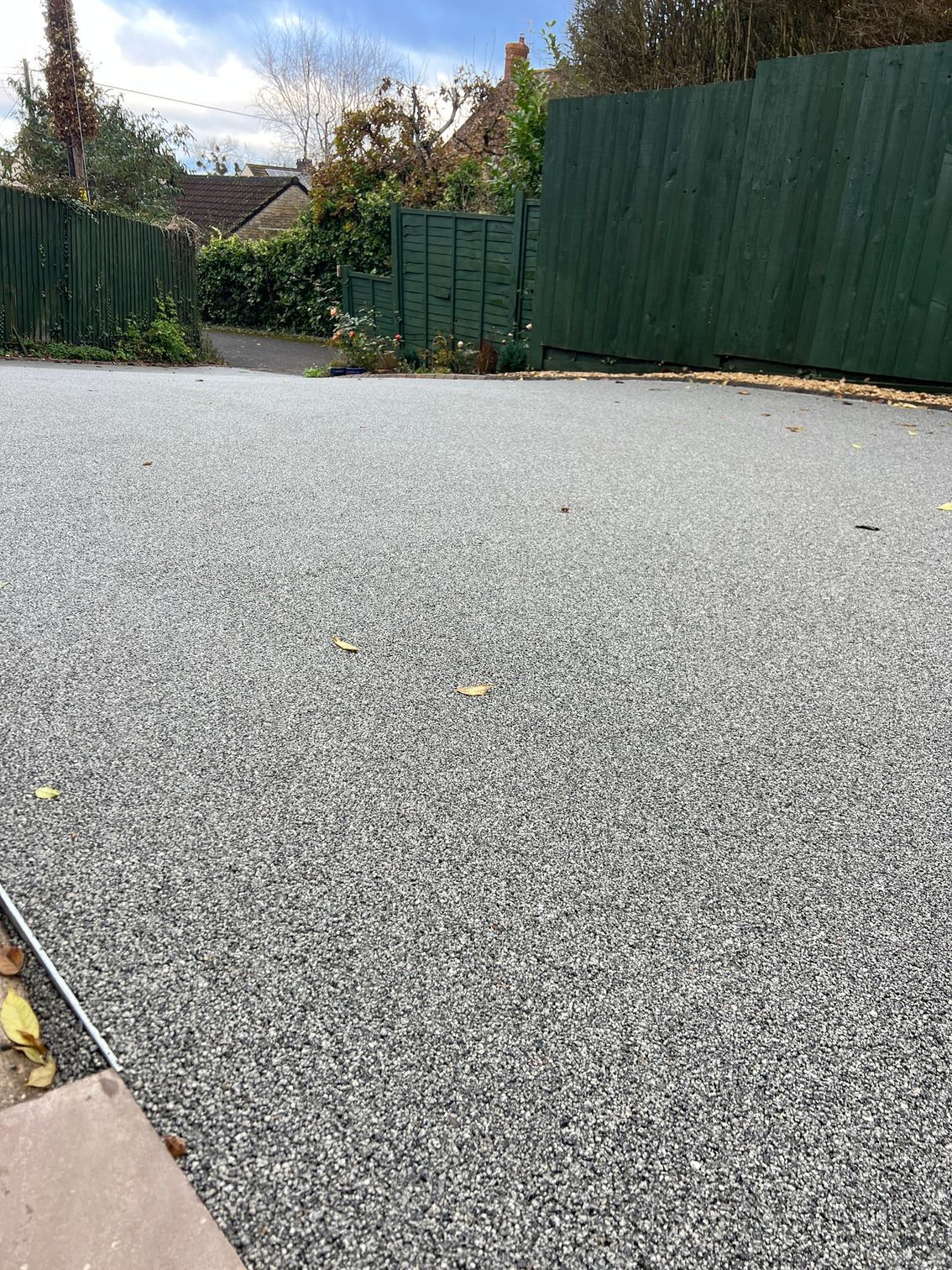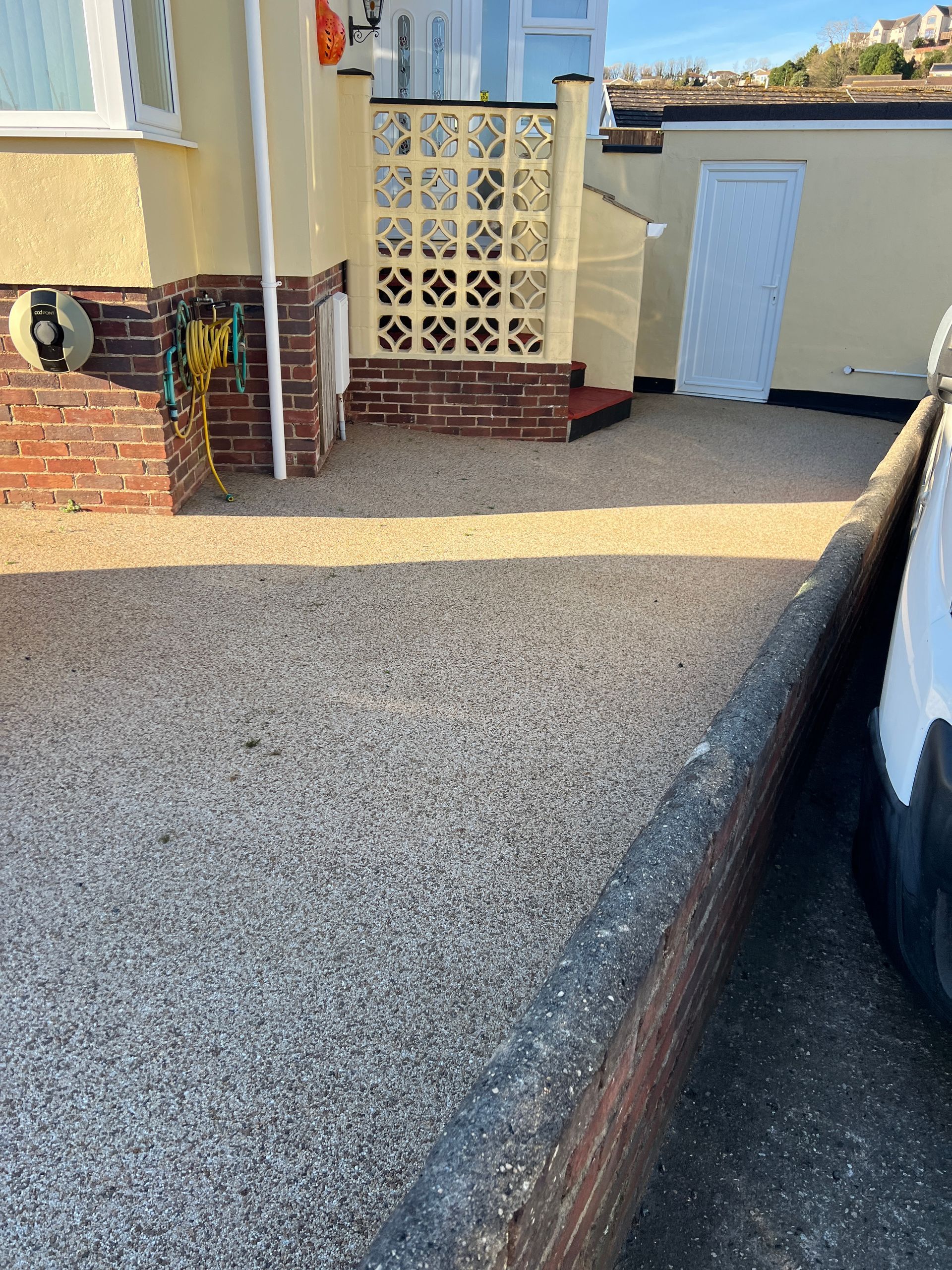Species-Specific Benefits: How Resin Driveways Serve Different Pets

Proper installation is largely responsible for resin garden paths' exceptional performance. Understanding the installation process helps homeowners appreciate why these paths deliver such outstanding durability and low maintenance requirements. While some might consider DIY resin garden paths, the technical nature of the installation often makes professional resin path laying the wiser choice for lasting results.
Foundation Fundamentals
Every successful path begins below the surface.
Resin path base preparation involves creating a stable foundation, typically using a sub-base of compacted hardcore. This critical step prevents future settling and ensures the finished path remains level and crack-free. Proper preparation also incorporates
resin path drainage system planning to manage water flow effectively through the permeable structure.
Material Specifications
The technical specifications matter significantly in resin path performance.
Resin path substrate requirements must be met precisely to ensure proper bonding and structural integrity. Similarly, the
resin path thickness guide typically recommends a minimum depth of 15-18mm for pedestrian paths, with greater thickness for areas that might experience occasional vehicle traffic.
Edge Details
Often overlooked but critically important,
resin path edging options provide structural containment and design definition. Edging prevents lateral spreading and maintains the path's crisp lines over time. Options range from subtle aluminium edging to more decorative stone or brick borders, offering different aesthetic and practical benefits.
Time Considerations
One advantage of resin paths is their quick installation timeline. Once base preparation is complete, the resin laying process itself is relatively fast. However, understanding
resin curing time garden paths is essential—while the surface may feel dry within hours, full curing typically takes 24-48 hours, depending on temperature and humidity conditions.
The technical knowledge required for successful installation
explains why
many homeowners choose professional installation
over DIY approaches. These technical details significantly impact the immediate appearance and long-term performance, from ensuring proper drainage to achieving the correct resin-to-aggregate ratio. When installed correctly, resin paths provide years of trouble-free use with minimal maintenance requirements, making them an excellent investment for garden spaces designed for enjoyment rather than upkeep.
You might also like
Resin Driveways For Life





